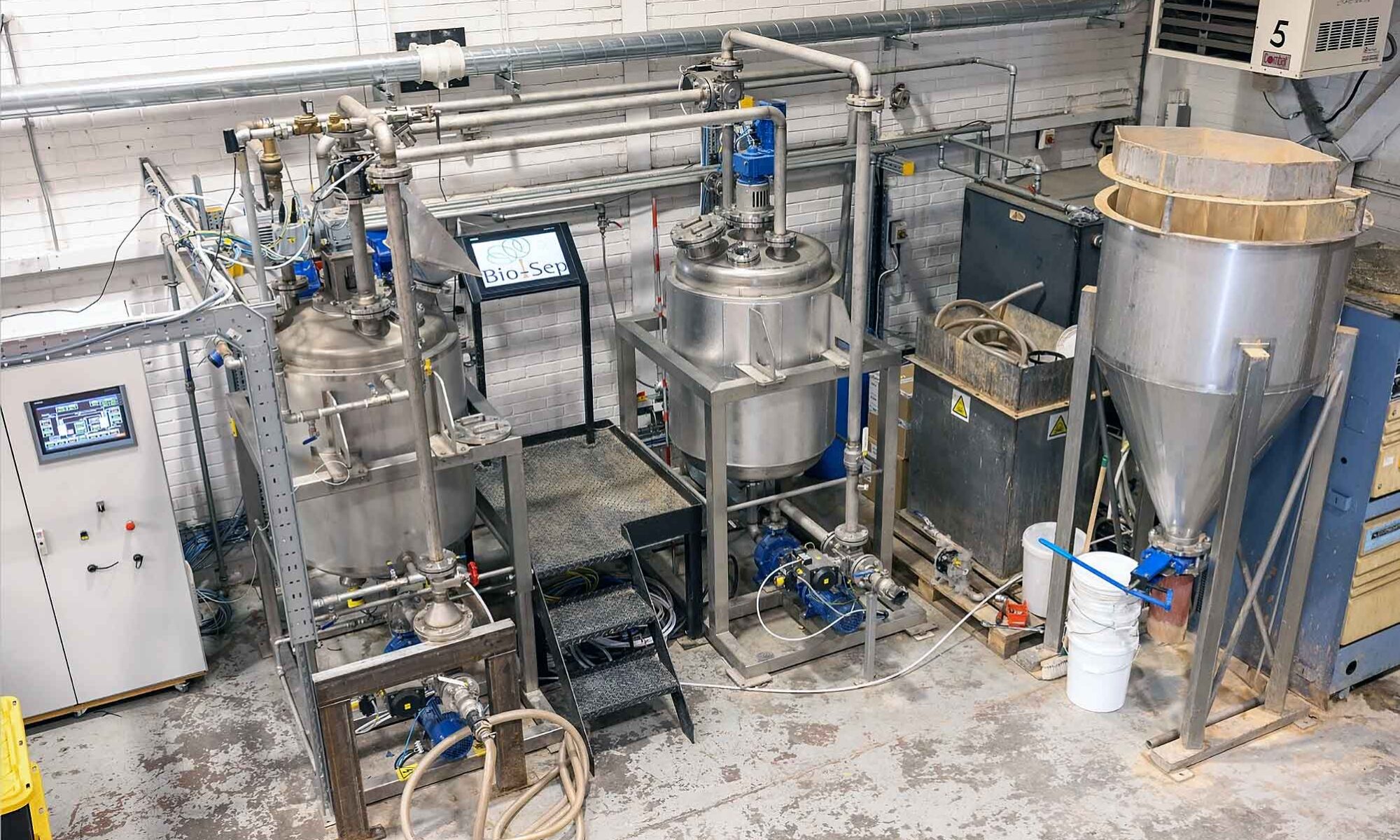Bio-Sep specialises in the conversion of non-food, lignocellulosic biomass generated by agriculture and forestry into high-value biochemicals, using its unique, low energy biorefinery process. It produces a novel, non-sulphonated lignin with enhanced reactivity and low molecular weight. This new product and exclusive separation process have great potential for the large-scale manufacture of sustainable biochemical substitutes that can be used in multiple commercial applications, such as the composites and construction industries. The joint industry project aims to extensively test the properties and performance of the products, both as part of biobased composites and as a cement admixture.
Dr Andrew West, Chief Chemist at Bio-Sep, explained: “This interdisciplinary R&D project will allow us to develop and demonstrate potential applications for our non-sulphonated lignin and biorefinery process. We are very much looking forward to working with our valuable partners within iCAST, and benefiting from their global expertise and extensive knowledge in bio-based materials chemistry and composites manufacture.”
iCAST is a partnership between the universities of Bath and Oxford, the High-Value Manufacturing Catapults (National Composites Centre and Centre for Process Innovation), the Swindon and Wiltshire Local Enterprise Partnership and SETsquared. Professor Matthew Davidson, iCAST Director: “We aim to accelerate the deployment of sustainable technologies into commercial applications. This will in turn contribute to achieving the UK’s net zero and Clean Growth targets.”
Tim Young, Head of Sustainability at the National Composites Centre, said: “The NCC team looks forward to assessing the feasibility of the material for use in industrial applications using our design, manufacturing and quality assessment expertise alongside our customer network, to help the material’s route to market.”
Image: Bio-Sep



